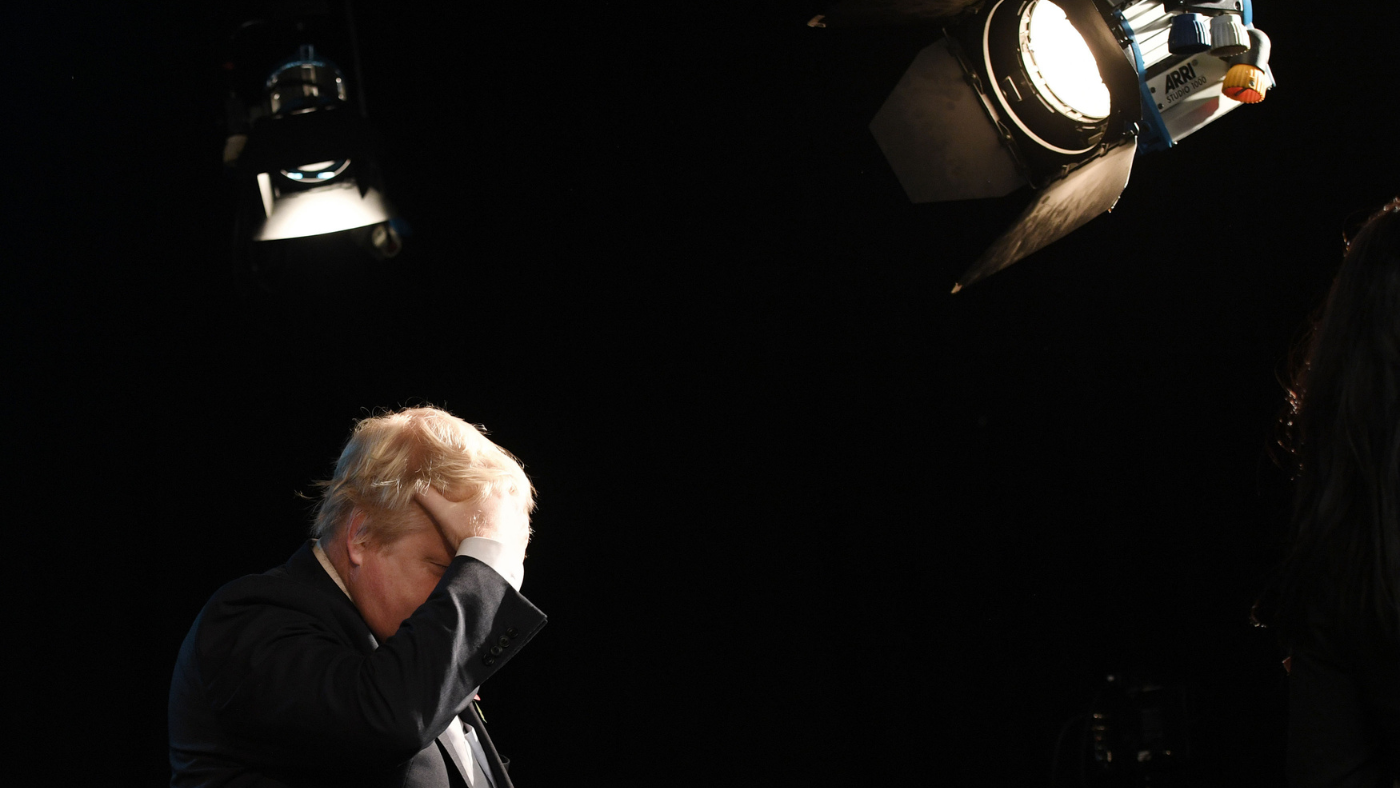In a world driven by the power of social media, celebrity culture, and public attention, we often hear the phrase “spotlight” thrown around. But what does this elusive beam of light truly illuminate about those it shines on? Is it a magnifying glass that reveals our most profound qualities, or a filter that distorts reality? In this article, we will explore how the spotlight impacts identity, both on a personal and societal level, and examine what it can teach us about human nature, self-perception, and the intricacies of fame.
The Spotlight: A Double-Edged Sword
At its core, the spotlight represents the intense scrutiny and focus of the public eye. Whether it is on a global stage, like Hollywood or politics, or in smaller circles such as social media influencers, being in the spotlight means becoming the subject of others’ gaze. While this can offer fame, influence, and recognition, it also has the potential to distort or even harm one’s sense of self.
We often perceive the spotlight as a way of showcasing greatness: talented athletes, charismatic leaders, and successful business moguls stand under it, their achievements magnified for the world to admire. However, the reality is more complex. The spotlight can reveal both strengths and vulnerabilities in equal measure.
Self-Perception vs. Public Perception
One of the first and most profound effects of being in the spotlight is the conflict between self-perception and public perception. The way an individual views themselves is often vastly different from how they are perceived by others. For example, a public figure may see themselves as humble, yet their audience might interpret them as arrogant or out of touch due to the curated nature of their public image.
This difference in perception can create a sense of unease or discomfort. People in the spotlight may find themselves questioning their identity, unsure whether their public persona aligns with their true self. This dissonance is a common theme among those who experience rapid fame, leading to existential crises or public breakdowns. It raises the question: When you are always performing for an audience, how much of your “true self” can truly emerge?
The Amplification Effect: What You Do in the Spotlight Matters
When you step into the spotlight, your actions are magnified. Every word, gesture, or decision is analyzed, critiqued, and often dissected by an audience that may be eager to elevate or tear down your image. This amplification effect is not just about fame—it also applies to everyday situations. Consider the way our online presence amplifies our actions, where a single tweet or post can go viral, for better or worse.
For public figures, this means every decision is held to a higher standard, whether it’s their personal life, political views, or professional actions. The pressure to conform to an idealized version of perfection is overwhelming. The spotlight doesn’t only reveal what we want others to see—it can expose the raw edges, contradictions, and even the imperfections we may try to hide. It asks us, “What happens when your flaws are on display?”

The Spotlight as a Mirror
In a way, the spotlight acts as a mirror. It reflects not just who we are, but who we are trying to be—or perhaps who we are afraid of becoming. The psychological impact of being under constant scrutiny is profound, often forcing people to confront their insecurities and unresolved conflicts. The fear of judgment can trigger anxiety, self-doubt, and even identity crises. For those who thrive in the spotlight, the mirror is flattering, showing them in their best light. But for others, it can be an unforgiving reflection of their fears, flaws, and vulnerabilities.
Interestingly, the mirror effect isn’t limited to those who are in the spotlight. It also applies to the audience. The way we judge, admire, or criticize public figures often says more about us than it does about them. Are we looking at them through a lens of admiration, envy, or judgment? The spotlight allows us to project our fantasies, insecurities, and ideals onto others, which is why we tend to elevate or tear down people in the public eye with such fervor.
The Ethics of the Spotlight: Who Decides What We See?
The ethical implications of the spotlight are also worth considering. Who decides what gets highlighted, and what gets ignored? Media outlets, for example, are often selective about the stories they choose to tell. In doing so, they control the narrative of the public’s perception. This is especially true for marginalized groups, whose stories are often underrepresented or misrepresented in the media.
In the world of social media, algorithms play a similar role. These unseen forces curate the content we see, influencing our perceptions of success, beauty, and happiness. In a sense, the spotlight has become a product of digital technology, algorithmically driven and highly curated to fit certain ideals. But these curated experiences can create unrealistic expectations, leading to a cycle of comparison and dissatisfaction.
The ethics of the spotlight also touches on privacy. How much of a person’s life should be open for public consumption? The relentless pursuit of fame often blurs the line between what is public and private, leading to a culture of oversharing and sometimes exploitation. For some, being in the spotlight is a conscious choice. For others, it can feel like an invasion of privacy—a pressure to conform or comply with the expectations of others.
The Psychology of Fame: The Cost of Living in the Spotlight
Living in the spotlight can take a toll on one’s mental and emotional well-being. For many, fame offers an initial rush—an intoxicating mix of admiration, recognition, and power. However, this feeling often fades as the pressure to maintain a certain image grows. As public figures grapple with their sense of self-worth, they often become caught in a cycle of constant validation seeking, where their value is only measured by how many followers, likes, or awards they receive.
The anxiety of being perpetually judged can lead to mental health challenges, including depression, loneliness, and substance abuse. The toll of fame is well documented, from the tragic stories of celebrities who have died young to those who have withdrawn from the public eye to reclaim their privacy. In some cases, people in the spotlight may even struggle with a loss of identity, unsure of who they are outside of the role they’ve created for the public.
Fame or Isolation? The Paradox of the Spotlight
One of the greatest ironies of fame is that, while it brings attention, it often brings isolation as well. Paradoxically, those who are constantly surrounded by the public eye can feel profoundly alone. The relationships they form can be shallow, as trust becomes a rare commodity in a world where everyone has an agenda. Famous individuals often find it difficult to distinguish genuine affection from opportunism, leading them to become emotionally distant or withdraw from the world.
This sense of isolation is not limited to traditional celebrities. Influencers and social media personalities, despite their vast following, often report feelings of loneliness and alienation. The virtual world, while connecting people across the globe, can also deepen feelings of disconnection. The facade of perfect lives presented on social media only adds to this, creating an idealized version of reality that few can measure up to.

Breaking Free from the Spotlight: Can You Escape?
As much as the spotlight can reveal, it can also trap individuals in a cycle of public scrutiny. The constant pressure to be something you’re not, or to live up to the expectations of others, can lead to burnout. Breaking free from the spotlight requires a shift in perspective—learning to prioritize one’s mental health, personal identity, and privacy over external validation.
Some people choose to step away from public life entirely, retreating from the limelight to regain their sense of self. Others may embrace the spotlight but redefine what it means to be in it. The key to surviving the glare is balancing the demands of public attention with the need for personal authenticity and well-being. In the end, the real question is not what the spotlight reveals about you, but how you choose to respond to it.
Conclusion: A Light that Both Reveals and Obscures
The spotlight, with its powerful glare, has the ability to reveal both the best and the worst in us. It can amplify our talents, but it also exposes our insecurities. While it offers fame and influence, it also comes with the burden of scrutiny and pressure. Understanding what the spotlight reveals about you requires introspection—looking beyond the glare to understand who you are without the audience.
In a world that increasingly demands performance, the challenge is learning how to navigate the spotlight without losing sight of your true self. The greatest revelation may not be what the spotlight shows others, but what it helps you discover about yourself.










































